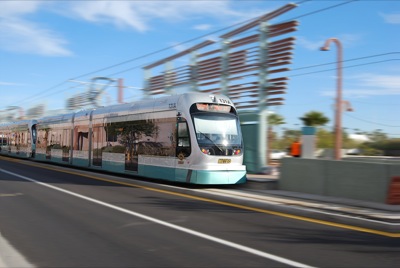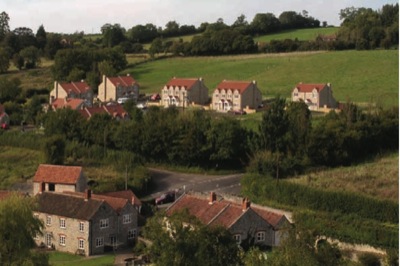The House Appropriations Committee released its proposed economic stimulus package yesterday, which has supposedly been endorsed by President-elect Obama. Much of it is not within my area of expertise, but the parts that are seem very unlikely to promote any economic stimulus.
If spending money is all that is needed to revitalize the economy, then all the government needs to do is dig holes and fill them up. Unfortunately, too much of this stimulus package does little more than that.
I am not convinced that increased federal spending will help at all, but I am convinced that it won’t help unless that spending goes for things that are truly needed. Projects that are not needed or used will not produce any “multiplier effects,” which means the stimulus will be small and short-lived. Projects that are heavily used will produce multiplier effects that not only make the stimulus more effective, they make it last longer.
The best sign of such multipliers is whether people are willing to pay for projects out of user fees. In such cases, the feds might be able to jump-start projects, but the best way would be to offer loans to be repaid out of those user fees, not grants. This will also minimize the long-term effects of deficit spending, which in the long run could dampen any benefits from the initial stimulus.









